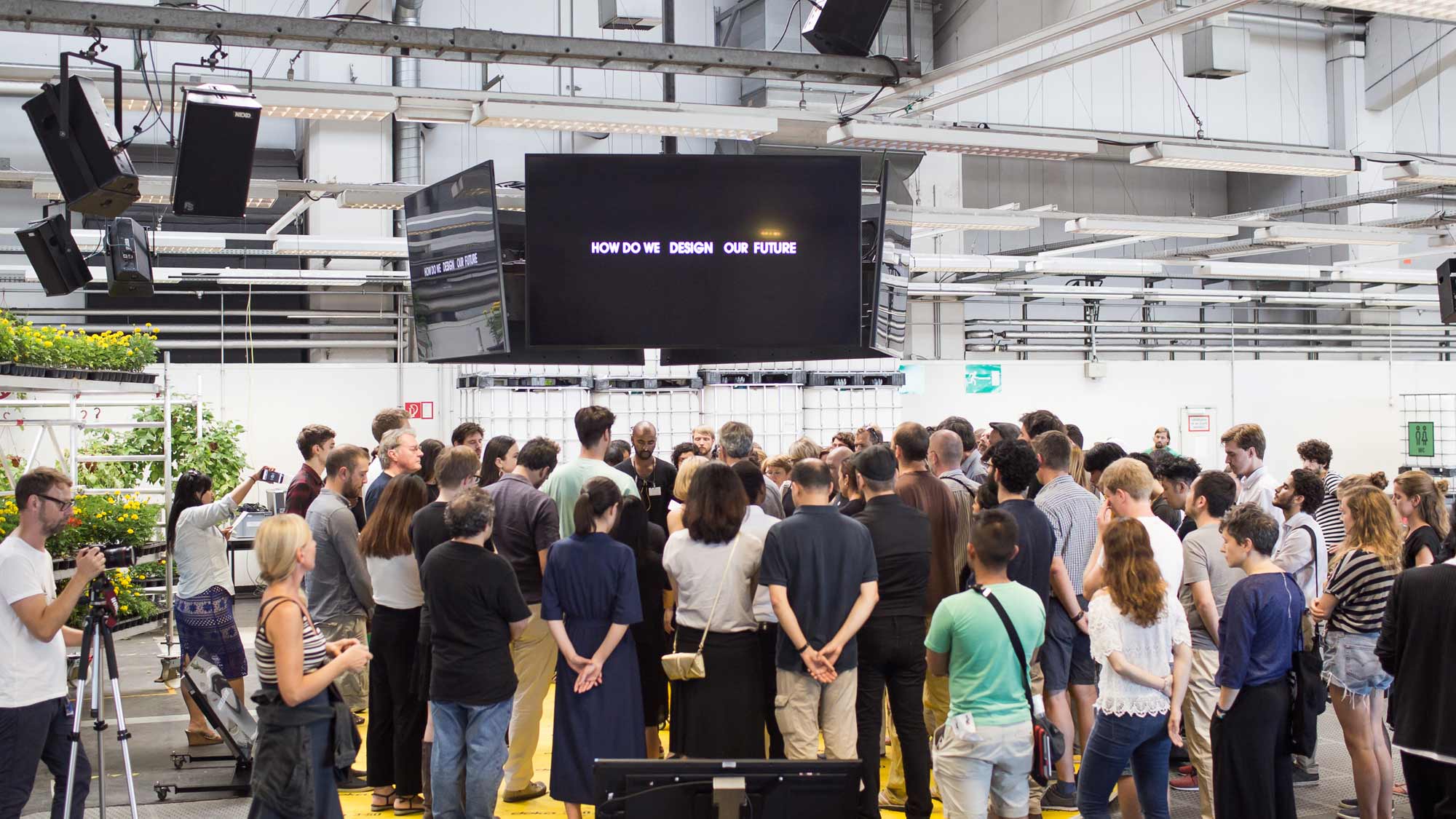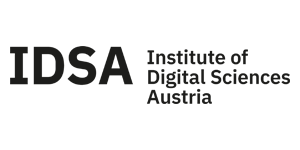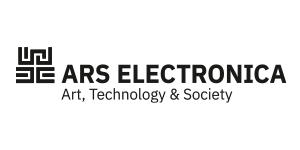Open discussion
What technological and interdisciplinary skill set must the higher education of tomorrow equip future generations with?
IDSA and Ars Electronica invite not only the international students and fellows of the FOUNDING LAB, but everyone in the audience to engage in a vivid open discussion on important issues related to the university of the future(s). Together with researchers, innovators, catalysts, business and industry representatives, policy makers, artists and leading thinkers we will explore and ask: who owns knowledge created at institutions, which includes the perspectives of citizens, students and faculty equally? What competencies and skills must citizens, students and faculty develop to help tackle the challenges of the climate emergency and global economic and political instabilities in the age of digitization and AI?
Chair
Dr Lauren Vargas
Ross Parry PhD, PFHEA
Speakers
IDSA x Ars Electronica FOUNDING LAB Students & Fellows, public audience
Credits
This program is implemented in cooperation with the Institute of Digital Sciences Austria (IDSA) and funded by the Federal Ministry of the Republic of Austria for Education, Science and Research.
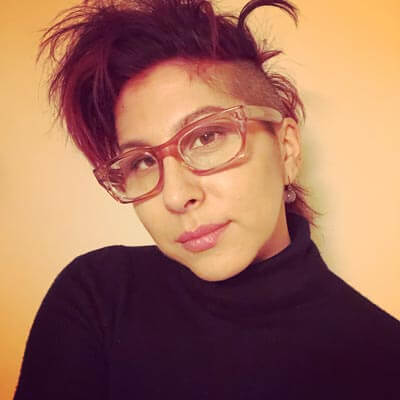
Lauren Vargas, PhD
By day, Dr. Lauren ‚L‘ Vargas is an Honorary Research Fellow with the University of Leicester Institute of Digital Culture, and a digital dragon wrangler with 20 years of experience assisting organizations with their community, communication, and collaboration strategies. Vargas is the principal of Your Digital Tattoo, an independent research and consultancy practice operating at the intersection of community and technology. She uses her research and consulting practice to further meaningful connection, purposeful inclusion, and digital civility.
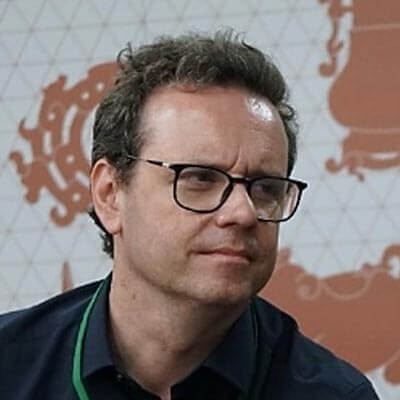
Professor Ross Parry, PhD, PFHEA
Ross Parry is Professor of Museum Technology at the University of Leicester (UK), and Director of its Institute for Digital Culture.
A former Tate Research Fellow, and the former Chair of the United Kingdom’s National Museums Computer Group, Ross is also one of the founding Trustees of the Jodi Mattes Trust for accessible digital culture. He is a Principal Fellow of the Higher Education Academy, and has appeared on the Education Foundation’s ‘Edtech 50’ (supported by the UK government) as one of the fifty most influential people in the education and technology sectors.
A widely-read author, Ross’s books include ‘Recoding the Museum: Digital Heritage and the Technologies of Change’ (Routledge, 2007), ‘Museums in a Digital Age’ (editor, Routledge, 2009), ‘Museum Thresholds: The Design and Media of Arrival’ (co-edited with Ruth Page, Routledge, 2018), and, most recently, ‘The Routledge Handbook of Museums, Media and Communication’ (co-edited with Kirsten Drotner, Vince Dziekan and Kim Schroder, Routledge, 2019). He is also co-editor of a newly-launched book series with Routledge – ‘Critical Perspectives on Museums and Digital Technology’.
Ross sits on the Steering Committee of the UK’s £18mn ‘Towards a National Collection’ programme, funded by UKRI. And is co-investigator of ‘The Sensational Museum’, a two-year, multi-partner £1mn research initiative – ‘using what we know about disability to change how museums work for everyone’. Since 2017, he has been leading the ‘One by One’ initiative, a major Arts and Humanities Research Council-funded research project, involving national governmental and professional bodies in the UK and US, that is focused on developing digitally confident museums.
